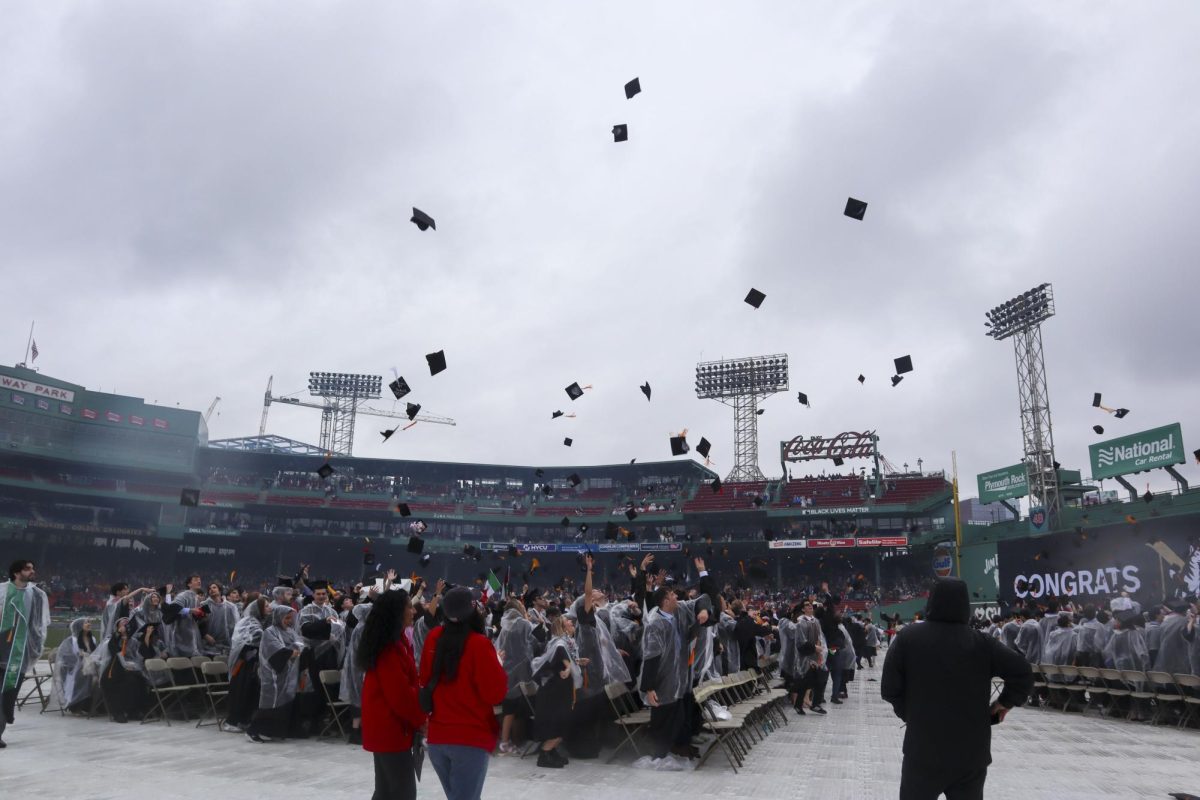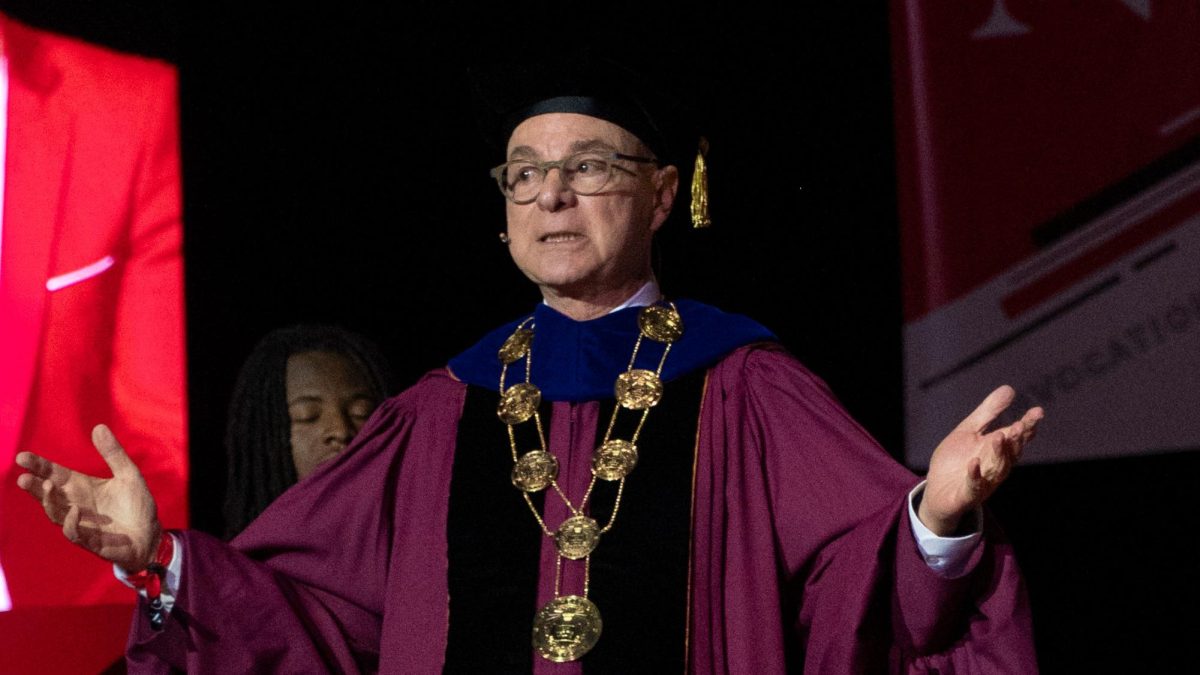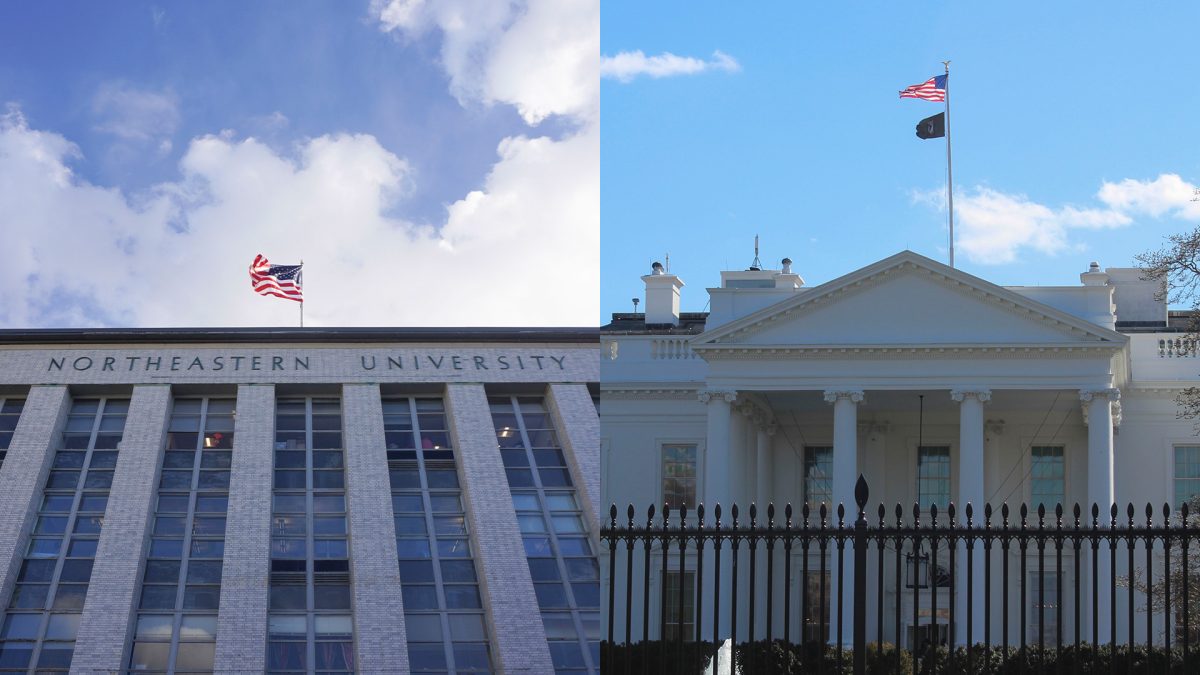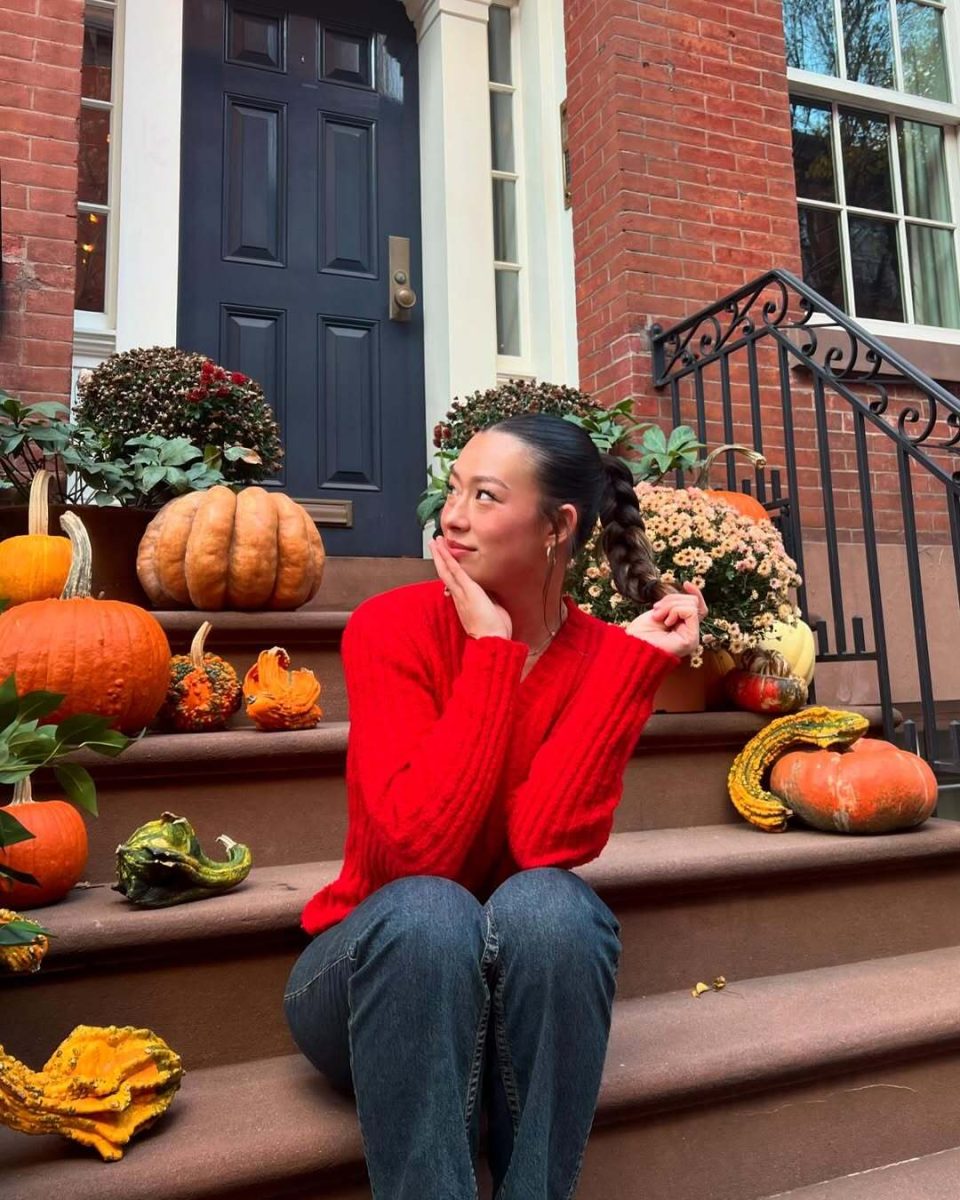By Raffaela Kenny-Cincotta, News Staff
Common subjects of controversy like off-campus student living and Northeastern’s commitment to neighboring communities were rehashed at a Community Task Force meeting Monday as the university continues the process of finishing its next Institutional Master Plan (IMP).
Northeastern submitted its Institutional Master Plan Notification Form (IMPNF) in December. The IMP is a document that outlines potential physical and other developments for the university in roughly the next decade.
Members of local neighborhoods, including Lower Roxbury, the Fenway and Mission Hill, talked about the IMPNF with Northeastern administrators at the monthly meeting in the Alumni Pavilion.
City Councilor Tito H. Jackson said after the meeting that the session was important in keeping the process of developing an IMP going.
“I think it’s important that we look at what community benefits come to these neighborhoods and this community, that’s the most critical role,” Jackson said. “Northeastern has the opportunity to not only do what we always do, but to really step up the ante here and help out in many ways, and in sustainable ways rather than just a park or something like that. Using their buying power to buy locally, offering opportunities for women-and minority-owned firms. I think it’s going to be critical that we see something that’s off the beaten path and for this university to step up.”
Gerald Autler, senior project manager at the Boston Redevelopment Authority (BRA), asked Task Force members to submit formal questions and concerns about the IMPNF in writing to the BRA by Feb. 4.
He said after that, the BRA will issue a “scoping determination,” which will inform the university how the IMP must be revised in order to meet the requirements of Article 80, a consolidated version of citywide zoning regulations. Afterward, the IMP will be taken to the BRA board and zoning commission for approval.
“I look to all of you to help me understand, not the kind of general feedback that we’ve had over the past few months, but really specific questions that you’d like to see included in the scoping determination,” Autler said. “The scope is ultimately the BRA’s document, but all of you go on record as part of it in your comment letters, and the questions that seem really important and relevant to the process, certainly, we make every effort to include in the body of that document and will look to Northeastern to solve those things.”
Such a call for input would seem a welcome opportunity for residents.
Neighbor Bruce Bickerstaff, of Roxbury, said Northeastern should begin considering community members’ concerns as “strong input” rather than information to be put on the back burner.
“Our oversight as a body should be at least: one, to engage; two, to be appreciated in the weighing of any decisions,” he said. “I think [Northeastern] would be wise to listen to their neighbors so we don’t come back again and have the same problems.”
Open communication with the community is something Northeastern has attempted to maintain throughout the process of drafting the IMP, a university official said at the meeting.
“We’ve had meetings with each of the neighborhoods as part of this process and the idea is that we have this kind of ongoing dialogue,” Robert Gittens, vice president for public affairs, said.








